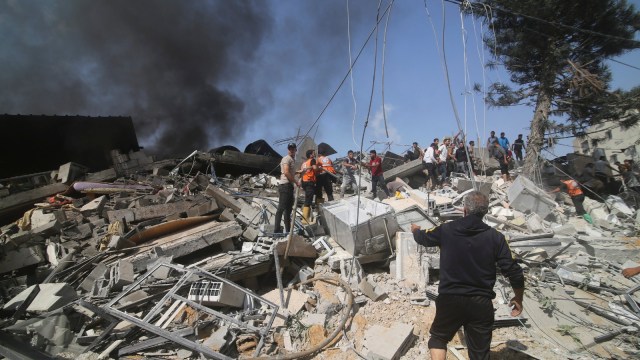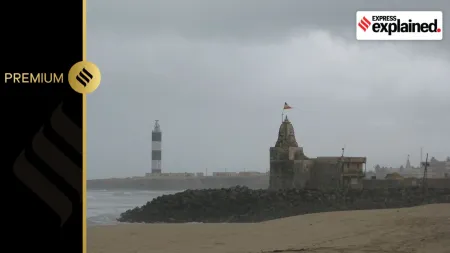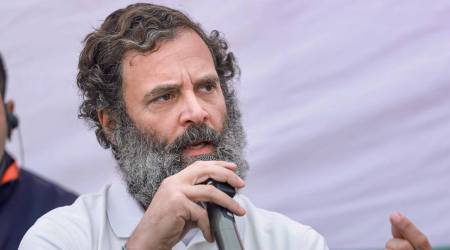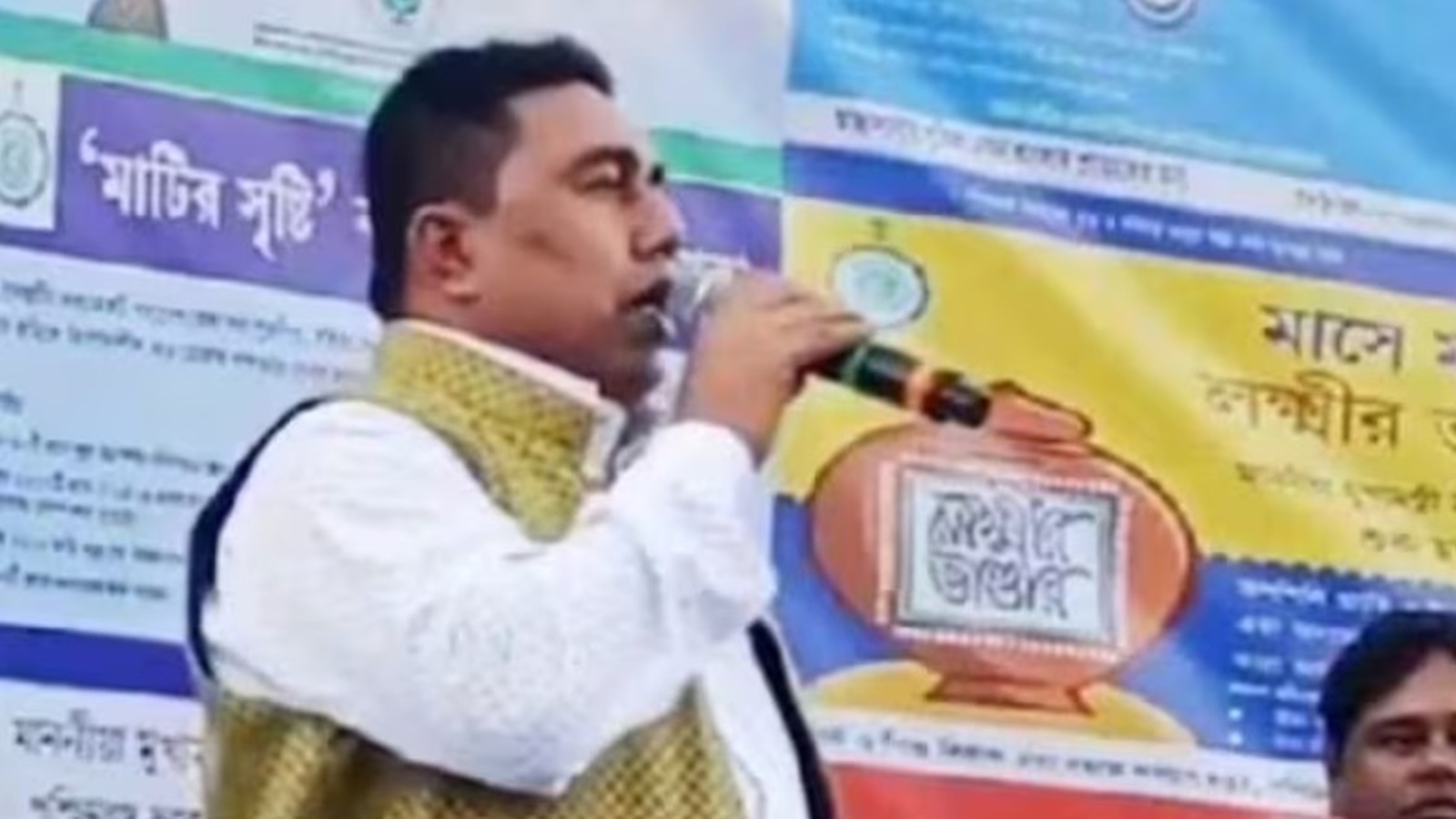The ongoing conflict between Israel and Hamas has deeply affected the Gaza Strip, where Adnan Abu Hasna, the spokesperson for the United Nations Relief and Works Agency for Palestine Refugees, narrowly survived an air strike that damaged the UNRWA building in Gaza City. Abu Hasna, who is in his 50s, has since relocated to Rafah in the southern Gaza Strip. In an interview with The Indian Express, Abu Hasna revealed that at least 35 UNRWA staff members have lost their lives since October 7.
The situation in Gaza is dire. Basic necessities are in short supply, with power outages plaguing the area shortly after the escalation began. Access to clean water is a major concern, leading residents to drink untreated water from wells due to the lack of fuel. Hospitals are struggling to cope, food is becoming scarce, and the UNRWA chief has warned that the agency only has enough fuel to last three more days. If fuel supplies run out, essential services such as desalination plants, sewage systems, and hospitals will grind to a halt, spelling disaster for the entire population.
The scarcity of medical equipment and essential supplies has severely impacted healthcare services in Gaza. Patients are no longer able to be transferred to other regions for specialized treatment or surgeries, leaving many vulnerable. The lack of body bags is a grim reminder of the escalating crisis in the region.
Access to basic necessities such as bread and water has become increasingly difficult, with long lines forming at bakeries and supermarkets running low on supplies. Desalination plants are still operational thanks to the limited fuel supply provided by the UNRWA, but access to water for sanitation and hygiene remains a challenge. The daily struggle for survival has left many residents facing dire conditions.
The UNRWA has been at the forefront of providing essential services to the people of Gaza, but the recent escalation has left the agency isolated and struggling to meet the growing needs of the population. With over 40 installations, including shelters, schools, clinics, and headquarters, damaged or destroyed, the UNRWA’s ability to deliver aid has been severely compromised.
Despite the challenges, the UNRWA continues to provide a lifeline for the people of Gaza, offering services such as phone charging facilities and limited communication options. However, the lack of internet access and electricity outside of UNRWA facilities has left many residents feeling isolated and uncertain about the future.
Amidst the chaos and destruction, the need for international support and protection for civilians in Gaza is crucial. The blockade and siege on Gaza have only exacerbated the humanitarian crisis, and urgent action is needed to prevent further suffering and loss of life. The international community must not abandon Gaza as it faces a looming catastrophe in the days ahead.



































+ There are no comments
Add yours